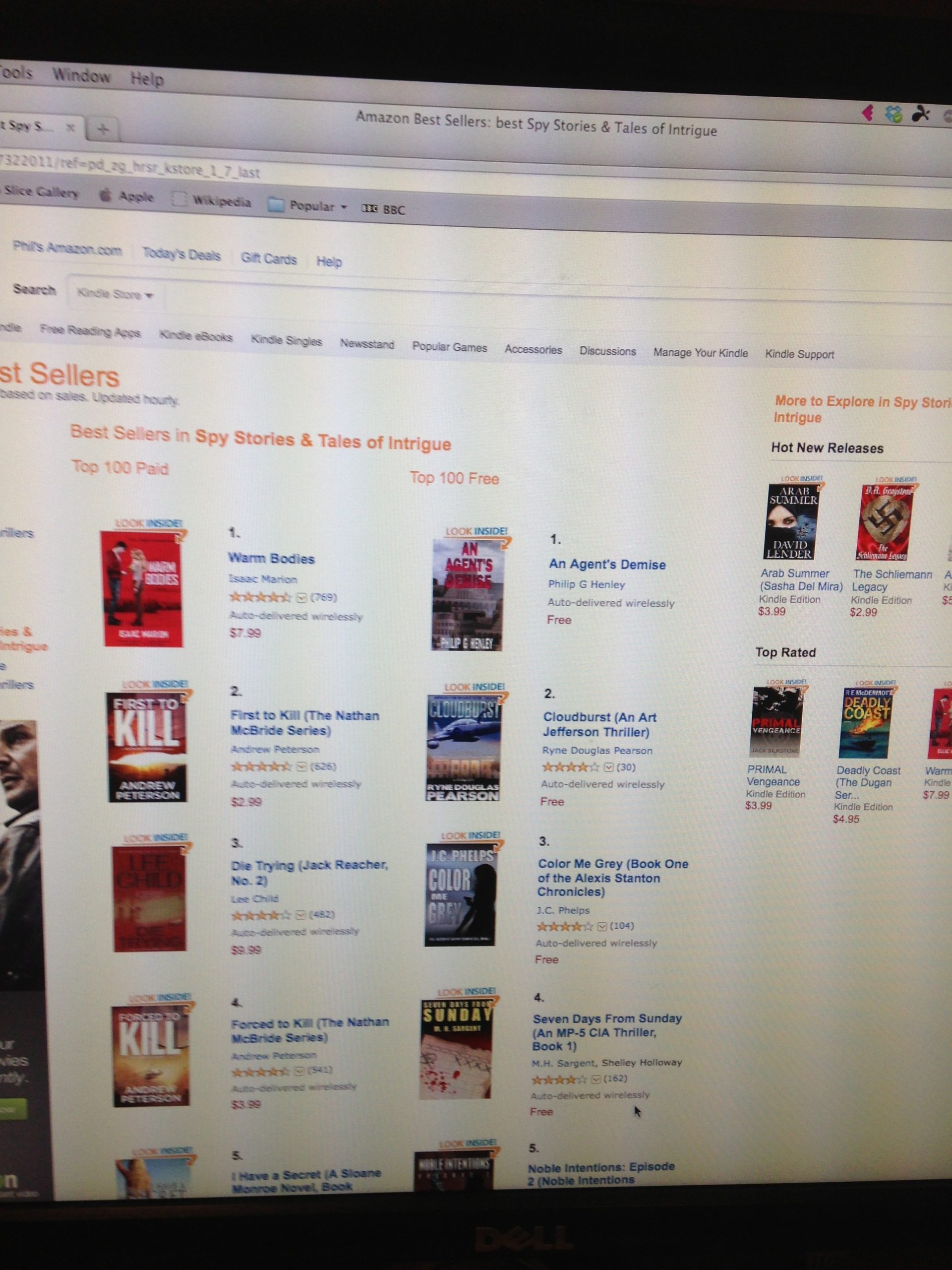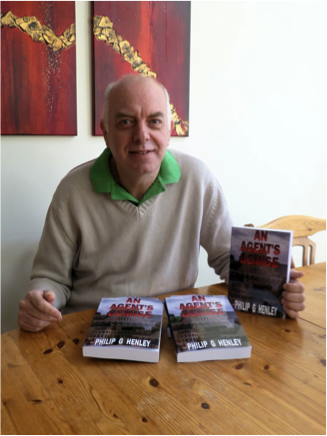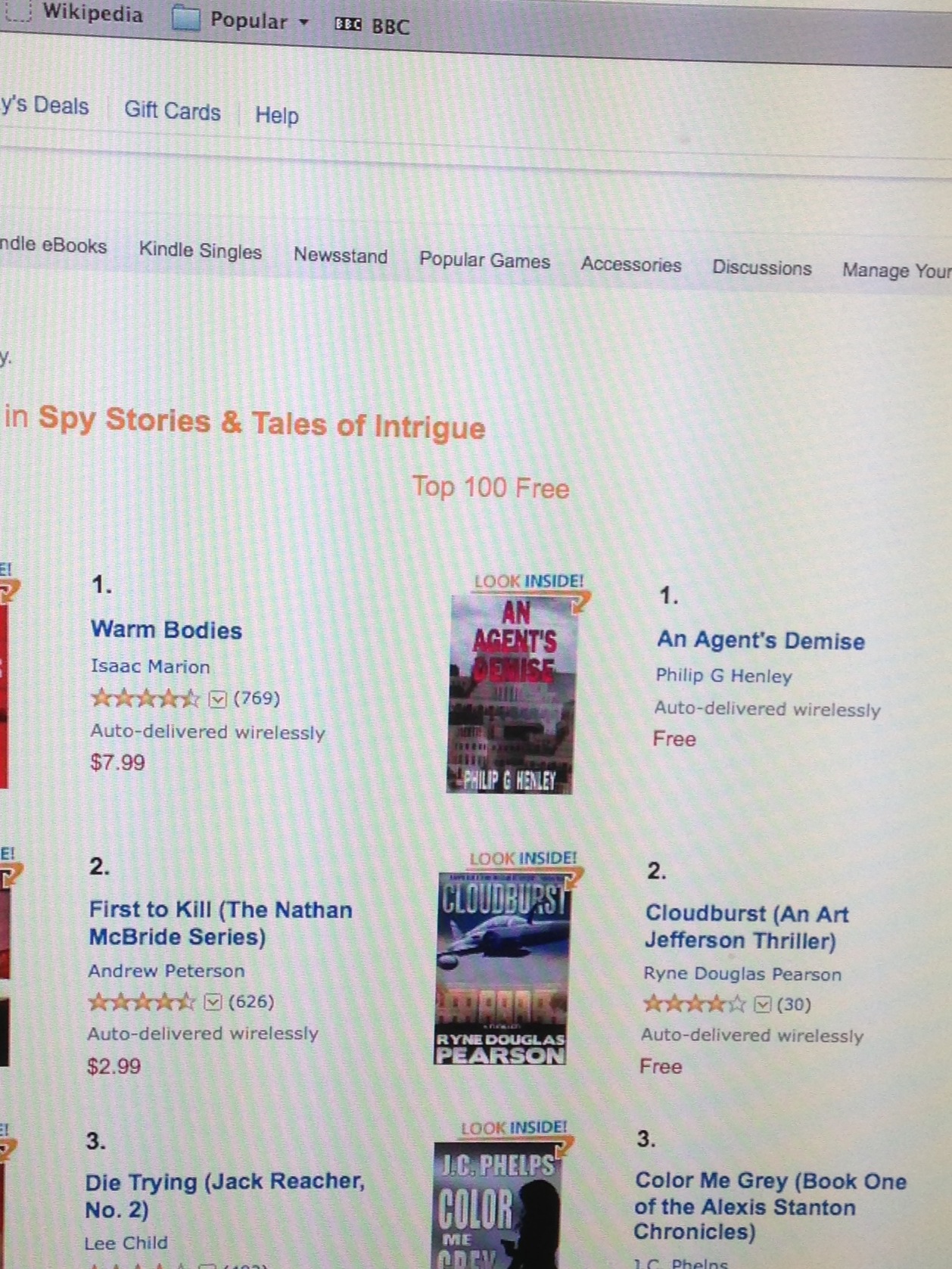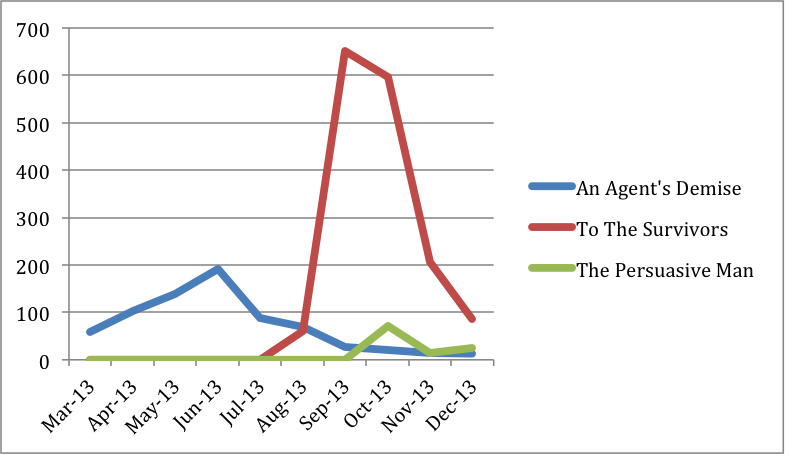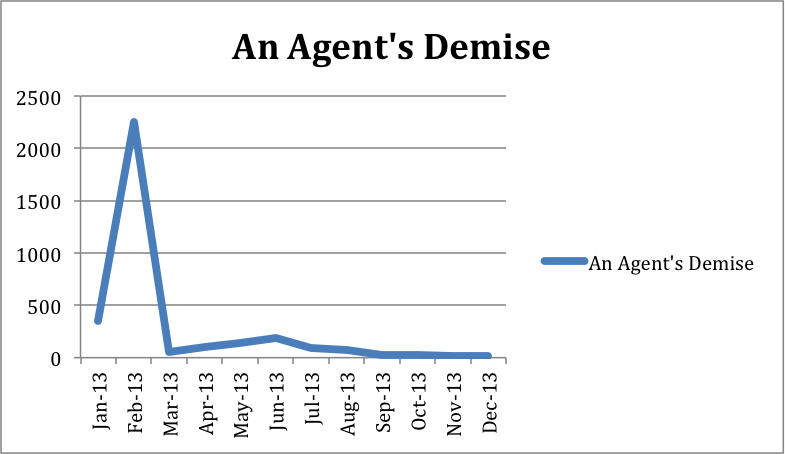Time For Numbers was written in 2014
I have been contemplating numbers and their connection with time for years. What time is it? Do not look at your watch or clock it’s a more fundamental question than that. Recently during the writing of my upcoming Sci-Fi book, The World of Fives, I had to do more than think. I had to calculate and check and that led to more contemplation on the nature of time and numbers. I am not a physicist and I certainly could not express any deep understanding of Stephen Hawking’s Brief History of Time and it’s ilk. The factual calculations of time, dimensions and particle physics can become exceptionally confusing. Even the concepts and hypothesis espoused are confusing. My own issues concerned why human beings count and have a calendar and clock numbering systems that are the way they are.
For non-Western based societies I will refer to the general calendar in use around the world and the general time system. This means 60 seconds in a minute, 60 minutes in an hour, 24 hours in a day, and 365 days in the year (let’s not get into leap years just yet). Then breaking back down to 12 months in a year or 52 weeks of seven days. The question is why these seemingly arbitrary numbers are in use? As I mentioned with the aside on Leap years the Earth does not orbit in 365 days. We correct for the inaccuracy of our counting method. Wikipedia quotes…
“For example, in the Gregorian calendar, each leap year lasts 366 days instead of the usual 365, by extending February to 29 days rather than the common 28 days. Similarly, in the lunisolar Hebrew calendar, Adar Aleph, a 13th lunar month is added seven times every 19 years to the twelve lunar months in its common years to keep its calendar year from drifting through the seasons.”There are some variations to Leap years for example no 29th Feb every 100 years to correct this inaccuracy and of course the Gregorian calendar only dates to 1582 AD, another arbitrary year based on a possible religious date which is historically disputed. The Chinese and Hebrew calendars are older and adjust leap years differently. Then we have the expired Mayan Calendar – what did happen to the apocalypse?
All this discussion misses the point, why 60 seconds, 60 minutes and why 24 hours? We use base 10 mostly to count probably based on the number of digits on our hands. Why not base 5 or base 8 fingers, or base 20 fingers with thumbs and toes. Base two, binary for computing with hexadecimal base 16 in the mix. The UK used base 12 for currency, pennies in a shilling, then base 20, shillings in a pound, up until decimalisation. Horse racing still uses guineas (21 shillings or £1.05p) to measure prize money or the value of a race horse. Weight measures were even stranger and still are Pound to Kilos then the USA uses a different gallon measurement. No wonder children get confused.
Mathematicians will look at divisors and factors to explain the usefulness of a particular number but that is applying mathematical research to a number that has already chosen. Why 24 hours in the first place? Why not 25 or 20 or 10 or…
Twenty-four has the following factors or divisors 1, 2, 3, 4, 6, 8, 12, and 24, whereas 10 only has 1, 2, 5 and 10. Twelve or 24 hours clocks have an advantage of an exact third of the time period. Decimal is left with the inexact .333333 recurring. Not that there is an exact third of a year, 4 months? Which 4 months have you chosen was that including February in a leap year? A third of a year in days is 121 and two-thirds days; better in a leap year with 122 days. Financial institutions report in quarters, but that is different for each quarter. With the first quarter not always the first in a year but in a financial year.
There is little point in arguing for a decimal calendar or clock although fractions of a second are normally displayed in decimal, but a half and a quarter are all used. My own conflict came in describing time zones and time concepts. As I write this it is nearly Sunday evening in Sydney Australia yet Sunday morning here in the UK with it’s single time zone. Thanks to imperial history and the Greenwich Mean Time (GMT) and meridian 0º Latitude now called Coordinated Universal Time (UTC) we have defined time zones for the Earth. Time is managed by exceptionally accurate atomic clocks, which use a variety of techniques to measure the decay of particles or movement of electrons, which are then translated into fractions of a second which… See where I am going with this? We use a physical event to force an arbitrary number called a second and so on. But I skipped over the interesting bit. If you spend your time communicating or travelling with other nations the concept of time zones becomes common. You can easily end up talking to or visiting someone where it is tomorrow, only of course it is not Tomorrow. We are not time travelling, it is the same time only measured differently in each location, to fit another human construct local clocks. So in Sci-Fi ignoring such inconveniences of light speed travel and relative effects, what do next week, last week, tomorrow etc. mean?
If an alien race operates on different counting methodologies, with different length of days, years how would they split the day. What is a day after all? The reference to day can mean different things. Is it 24 hours or the period of daylight or the period between sunrise and sunset? The day light calculation varies with the seasons and the Earth’s solar orbit. On another planet of different size the day may be longer or shorter, the year longer or shorter and perhaps more variable with a more elliptic orbit.
In my Sci-Fi the travelling humans refer back to UTC but have learned to live with the complexities of the impact between, planetary time, Earth time, ship time and another planet’s time. How do you take language terminology for measurements of time, which fill our vocabulary, and even begin to describe what next week means?
Perhaps our exploring ancestors had the same difficulties with native tribes when they explored the Earth. Did the Aztec or Inca pupils complain that they did not know when next week was when the Conquistadors tried to impose their calendar on the natives’ solar calendars? I think they might have had other things on their minds. These calendars were at least based on true alignment with the solar events unlike the western Gregorian calendar. Seasons vary not just north and south but east and west and meteorologically based on weather patterns. The end of the solar year (end being an arbitrary term) should occur with the winter solstice shortest/longest day in northern/southern hemispheres respectively but of course this is not Geo-spatially correct, as the closets and furthest distances from the sun are not coincidental with the solstices. Perihelion was on 4th January 2014 at 11:59 UTC, that was the closest approach to the sun and aphelion the furthest approach is scheduled for 4th July at 00:13 UTC. In 2015 aphelion will be on 6th July at 19:40 UTC but perihelion remains on the 4th January at 06:36 UTC. This cycle varies every 22,000 to 26,000 years. Religious festivals coincidental to any of these dates have very little to do with it. Working time linked to daylight, daylight savings time, working hours are all arbitrary constructs based on historical patterns. As we finally begin to travel into our own solar system we will have to think differently. A lunar colony will have a lunar day and year based on orbits of the Earth and the sun. A Martian day is approximately 2.7% longer than earth. Its year is 686.98 Earth solar days, or 668.5991 sols (variable) so nearly twice as long as Earth. What will the questions how old are you and what time is it mean to future dwellers and explorers?
Now what time is it?

